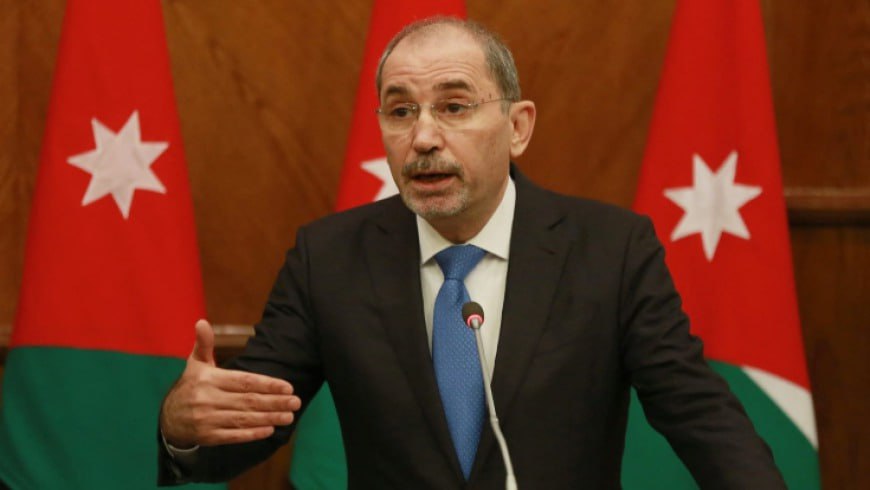Jordanian Foreign Minister Ayman Safadi has confirmed an alarming increase in drug smuggling operations from Syria to Jordan following the Arab normalization talks held in Jeddah and Amman with the Syrian regime.
Safadi, speaking at the Middle East and North Africa Forum on Wednesday on the Saudi channel Asharq, emphasized Jordan’s commitment to safeguarding its interests, particularly in countering drug trafficking. He underscored that given the ongoing conflicts and territorial instability within Syria for the past 12 years, the Syrian regime lacks control over the entirety of its territory.
Jordan Downs Two More Drones Carrying Narcotics Coming From Syria
The Foreign Minister expressed grave concern over the highly organized nature of drug trafficking operations, citing the use of advanced technology by drug traffickers, including drones and night vision goggles. He stated, “We are confronted with a significant challenge.”
Safadi acknowledged the tireless efforts of Jordan’s armed forces and security agencies to secure the border and prevent drug smuggling into the country. However, he acknowledged the reality that despite their best efforts, a portion of smuggling attempts still succeed, posing a serious threat to national security. He vowed to take decisive action to address this issue.
In July of the same year, the joint committee established between Jordan and the Assad regime to cooperate in combatting drug smuggling across the Syrian border convened its inaugural meeting. This committee was established in alignment with the outcomes of the Amman consultative meeting held on May 1st, 2023.
Over the past several years, Jordan has witnessed the smuggling of a substantial quantity of narcotic pills originating from Syria. Iranian militias and the Fourth Division of the Syrian regime’s forces control the Syrian side of the border and are directly involved in these smuggling operations. The Kingdom asserts that 85 percent of the seized drugs are intended for export, primarily to Saudi Arabia and Gulf countries, exacerbating the urgency of addressing this issue.
This article was translated and edited by The Syrian Observer. The Syrian Observer has not verified the content of this story. Responsibility for the information and views set out in this article lies entirely with the author.


